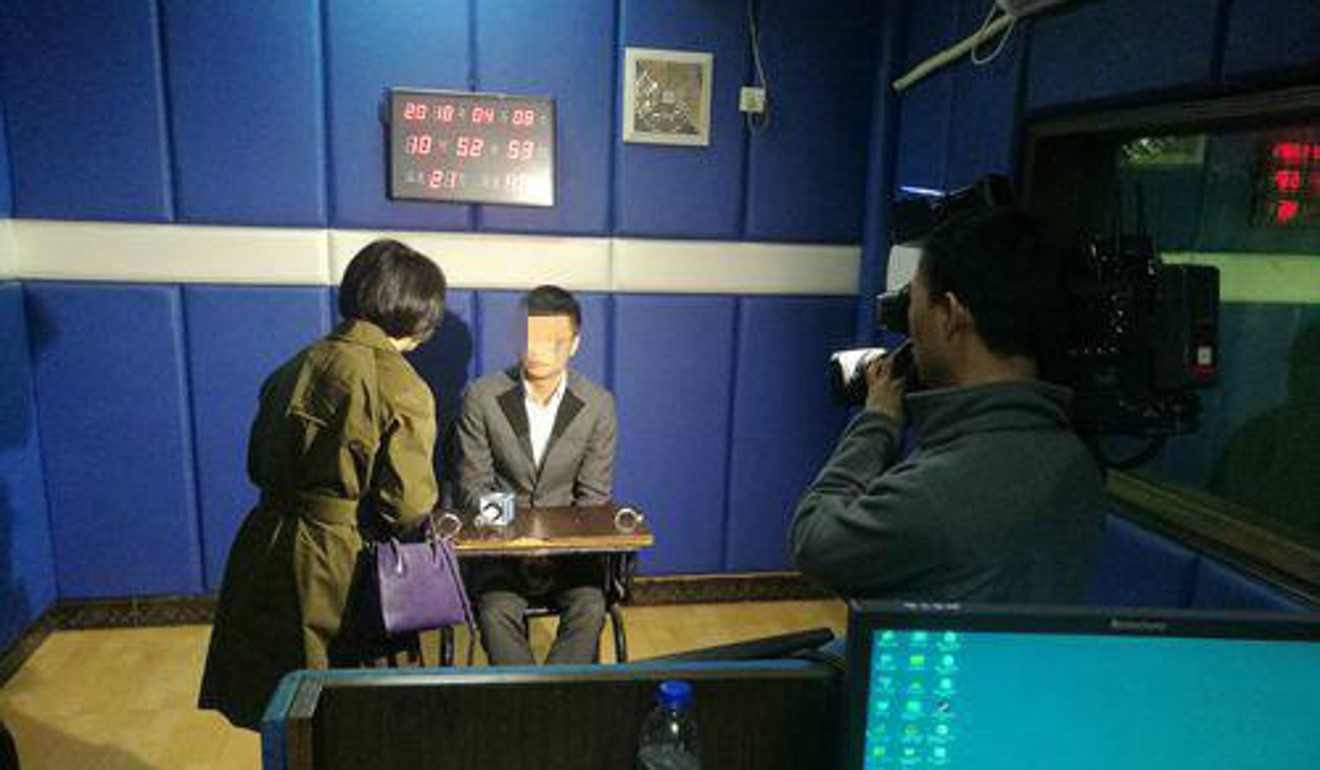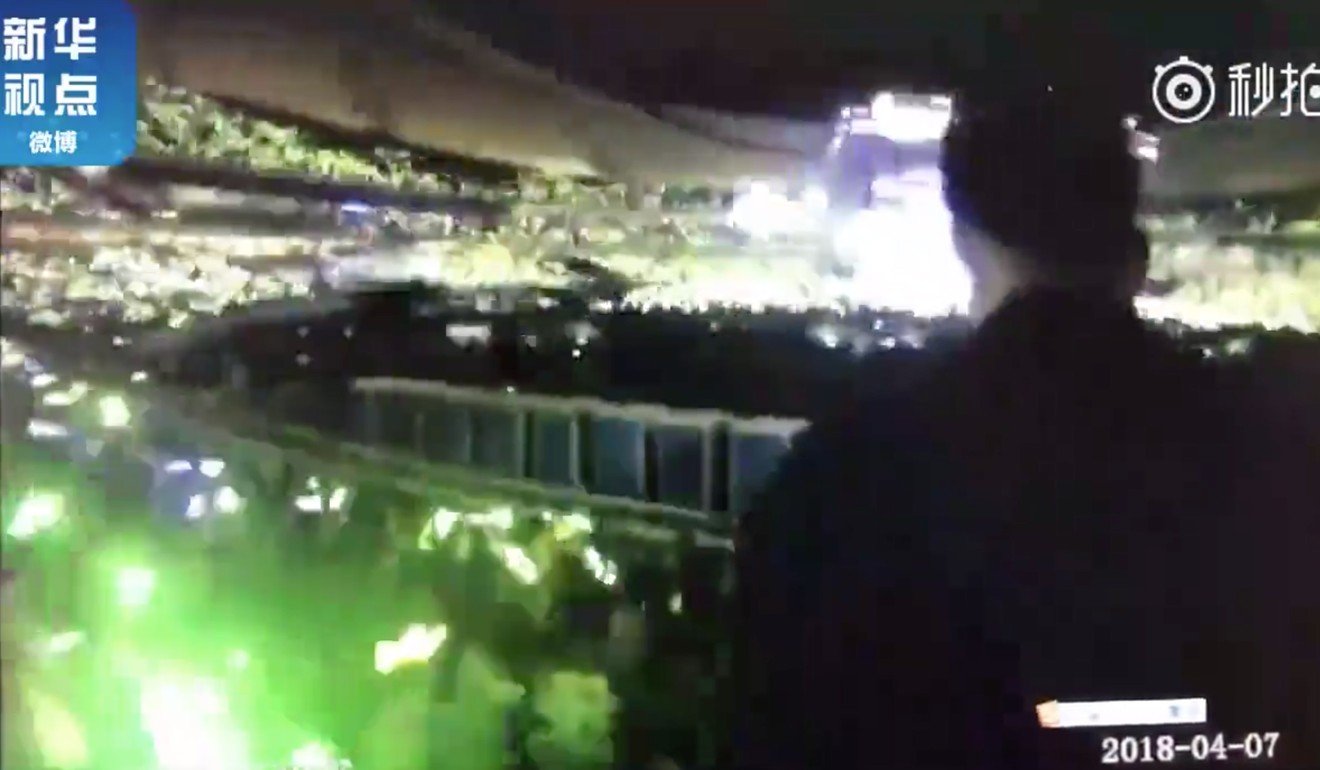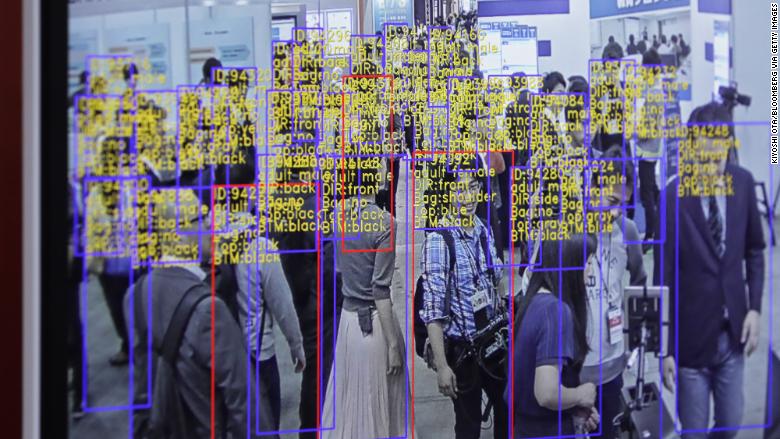Hendrik_2000
Lieutenant General
Via JSCH
China playing bigger role in global fabless IC market, says IC Insights
Jessie Shen, DIGITIMES, Taipei
Monday 26 March 2018
China-based companies have shown the largest fabless IC market share gain since 2010, according to IC Insights. China-based fabless chipmakers collectively captured an only 5% share of the global fabless IC market in 2010, and the share climbed to 11% in 2017.
Already 10 China-based fabless companies were included in IC Insights' top-50 fabless IC supplier list in 2017 compared to only one company in 2009. Unigroup was the largest China-based fabless IC supplier and ninth-largest global fabless supplier in 2017 with sales of US$2.1 billion.
It is worth noting that when excluding the internal transfers of HiSilicon (over 90% of its sales go to its parent company Huawei), ZTE and Datang, the China share of the global fabless market would have reached about 6% in 2017, IC Insights noted.
At 53%, US companies accounted for the greatest share of fabless IC sales in 2017 although this share was down from 69% in 2010 due in part to the acquisition of Broadcom by Singapore-based Avago, IC Insights said. Broadcom Limited currently describes itself as a "co-headquartered" company with its headquarters in San Jose, California and Singapore, but it is in the process of establishing its headquarters entirely in the US. Once this takes place, the US share of the fabless companies IC sales will again be about 69%.
Taiwan captured 16% share of total fabless company IC sales in 2017, about the same percentage that it held in 2010, IC Insights said. MediaTek, Novatek and Realtek each had more than US$1 billion in IC sales last year and each was ranked among the top-20 largest fabless IC companies.
European companies held only 2% of the fabless IC company market share in 2017 as compared to 4% in 2010, IC Insights noted. The loss of share was due to the acquisition of UK-based CSR, the second-largest European fabless IC supplier, by Qualcomm in the first quarter of 2015 and the purchase of Germany-based Lantiq, the third-largest European fabless IC supplier, by Intel in second-quarter 2015. These acquisitions left UK-based Dialog (US$1.4 billion in sales in 2017) and Norway-based Nordic (US$236 million in sales in 2017) as the only two European-based fabless IC suppliers to make the list of top-50 fabless IC suppliers last year.
The fabless IC business model is not so prominent in Japan or in South Korea. Megachips, which saw its 2017 sales jump by 40% to US$640 million, was the largest Japan-based fabless IC supplier, IC Insights said. The lone South Korean company among the top-50 largest fabless suppliers was Silicon Works, which had a 15% increase in sales last year to US$605 million.
Fabless IC suppliers accounted for 27% of the world's IC sales in 2017, an increase from 18% ten years earlier in 2007, according to IC Insights.
China playing bigger role in global fabless IC market, says IC Insights
Jessie Shen, DIGITIMES, Taipei
Monday 26 March 2018
China-based companies have shown the largest fabless IC market share gain since 2010, according to IC Insights. China-based fabless chipmakers collectively captured an only 5% share of the global fabless IC market in 2010, and the share climbed to 11% in 2017.
Already 10 China-based fabless companies were included in IC Insights' top-50 fabless IC supplier list in 2017 compared to only one company in 2009. Unigroup was the largest China-based fabless IC supplier and ninth-largest global fabless supplier in 2017 with sales of US$2.1 billion.
It is worth noting that when excluding the internal transfers of HiSilicon (over 90% of its sales go to its parent company Huawei), ZTE and Datang, the China share of the global fabless market would have reached about 6% in 2017, IC Insights noted.
At 53%, US companies accounted for the greatest share of fabless IC sales in 2017 although this share was down from 69% in 2010 due in part to the acquisition of Broadcom by Singapore-based Avago, IC Insights said. Broadcom Limited currently describes itself as a "co-headquartered" company with its headquarters in San Jose, California and Singapore, but it is in the process of establishing its headquarters entirely in the US. Once this takes place, the US share of the fabless companies IC sales will again be about 69%.
Taiwan captured 16% share of total fabless company IC sales in 2017, about the same percentage that it held in 2010, IC Insights said. MediaTek, Novatek and Realtek each had more than US$1 billion in IC sales last year and each was ranked among the top-20 largest fabless IC companies.
European companies held only 2% of the fabless IC company market share in 2017 as compared to 4% in 2010, IC Insights noted. The loss of share was due to the acquisition of UK-based CSR, the second-largest European fabless IC supplier, by Qualcomm in the first quarter of 2015 and the purchase of Germany-based Lantiq, the third-largest European fabless IC supplier, by Intel in second-quarter 2015. These acquisitions left UK-based Dialog (US$1.4 billion in sales in 2017) and Norway-based Nordic (US$236 million in sales in 2017) as the only two European-based fabless IC suppliers to make the list of top-50 fabless IC suppliers last year.
The fabless IC business model is not so prominent in Japan or in South Korea. Megachips, which saw its 2017 sales jump by 40% to US$640 million, was the largest Japan-based fabless IC supplier, IC Insights said. The lone South Korean company among the top-50 largest fabless suppliers was Silicon Works, which had a 15% increase in sales last year to US$605 million.
Fabless IC suppliers accounted for 27% of the world's IC sales in 2017, an increase from 18% ten years earlier in 2007, according to IC Insights.












